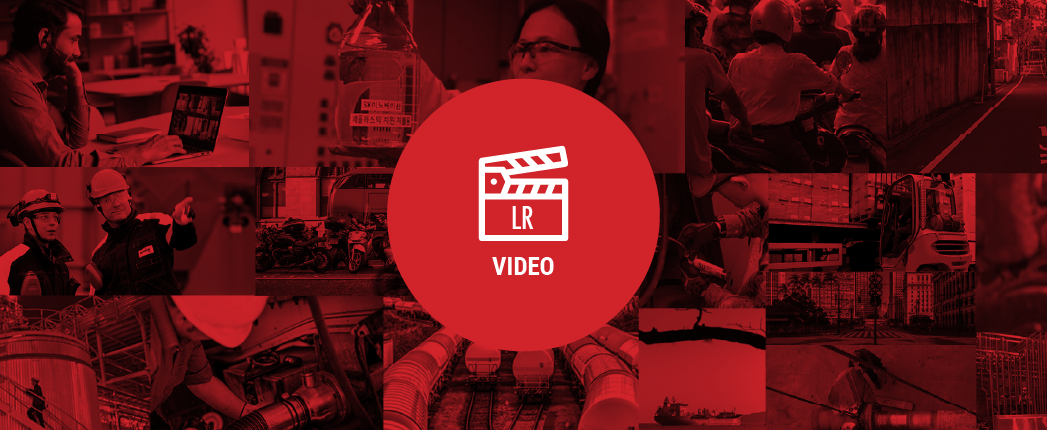
GP Petroleums Ltd. plans to enter new segments in the industrial lubricants business and expand its distribution network to make the company grow, said its chief executive, Prashanth Achar.
“Talking about industrial, we are focusing on the sugar industry, plastic injection molding industry [and] process industries,” Achar told Lube Report in an interview. GP will focus on expanding its product portfolio, and these new segments offer growth opportunities, he said.
The Ipol-branded lubes supplier, which is licensed to manufacture and market Spanish producer Repsol’s finished products in India, is looking to expand its automotive lubricants distribution network. GP works with 200 industrial lubricant distributors and 300 automotive lube distributors. The company has a goal of doubling its automotive lubricants network over the next two years, Achar said.
The Mumbai-based company plans to introduce new non-carcinogenic products in the rubber process oils business, Achar said. It already has supply arrangements for rubber process oils with most of the tire manufacturers in the country.
GP has seen growing demand in the agricultural sector, Achar said. Tractor engine oil, pump set oils and two-wheeler products are doing well in rural areas.
The company will also focus on its trading business to achieve procurement efficiencies and generate a quick profit, he said. The business includes trading in base oils, bitumen, coal and fuel oil.
The lubes producer, which raised its product prices by 30% in the most recent quarter, expects to achieve double-digit revenue growth in the current fiscal year, ending March 31, 2023.
Biggest Challenges – 10Cs
Achar identified a long list of challenges confronting GP and other lubricant companies – a list that he referred to as the ten Cs: computer chip shortages, the COVID-19 pandemic, conflict in Europe, transport container unavailability, crude oil price escalation, currency inflation, capital availability getting dearer, credit lines drying up, capital expenditure cycle on the backbench in the auto industry and competition.
Chip shortages are leading to a downturn in the automobile industry, affecting lubricant suppliers, while container unavailability is leading to cost escalations and unavailability of material, Achar said. Higher product prices have raised the fund requirement of companies to do the same level of business. This is a challenge because banks are tightening their purse strings.
Rising crude prices are a concern, Achar said. Since no one knows how oil prices will swing GP is keeping only 45 days of base oil inventory.
The demand for automotive lubes will be affected when EV production starts increasing rapidly, Achar said. GP intends to bring EV fluids to market by the end of March 2023.
Pandemic Learnings
Achar said GP, like other companies, had to make changes after the COVID-19 pandemic began. It renegotiated contract terms with vendors availing longer credit periods, or cash discounts, and adopted a responsible sales approach by choosing customers with whom it believed it could have a continuing relationship.
GP’s move to partner with non-banking financial institutions for financing with distributors also ensured better cash flows for the company, Achar said, noting that today 30% of its automotive business is through such institutions.
Cash Is King
“The main learning is that cash is always king,” Achar said, adding that last year the company deferred its plan to build a lubricant plant amid economic uncertainties stemming from the COVID-19 pandemic.
“We have put it on the back burner, and that will not be taken up for now,” he said. GP previously announced that it would invest Rs 100 crore (Rs 1 billion or U.S. $13 million) to establish a greenfield lubricant plant in western India with capacity to make about 300,000 metric tons per year.
GP operates a plant in Vasai, near Mumbai, with capacity of 80,000 t/y and a storage facility of 15,000 tons.
There isn’t much capacity constraint in blending except in the filling line, Achar said. Given the space constraint, wherever possible, the company is replacing six-nozzle machines, used to fill small packs, with 12-nozzle machines. “The current capacity with slight modification, which we have started, can accommodate my requirement for the next three years,” Achar said.